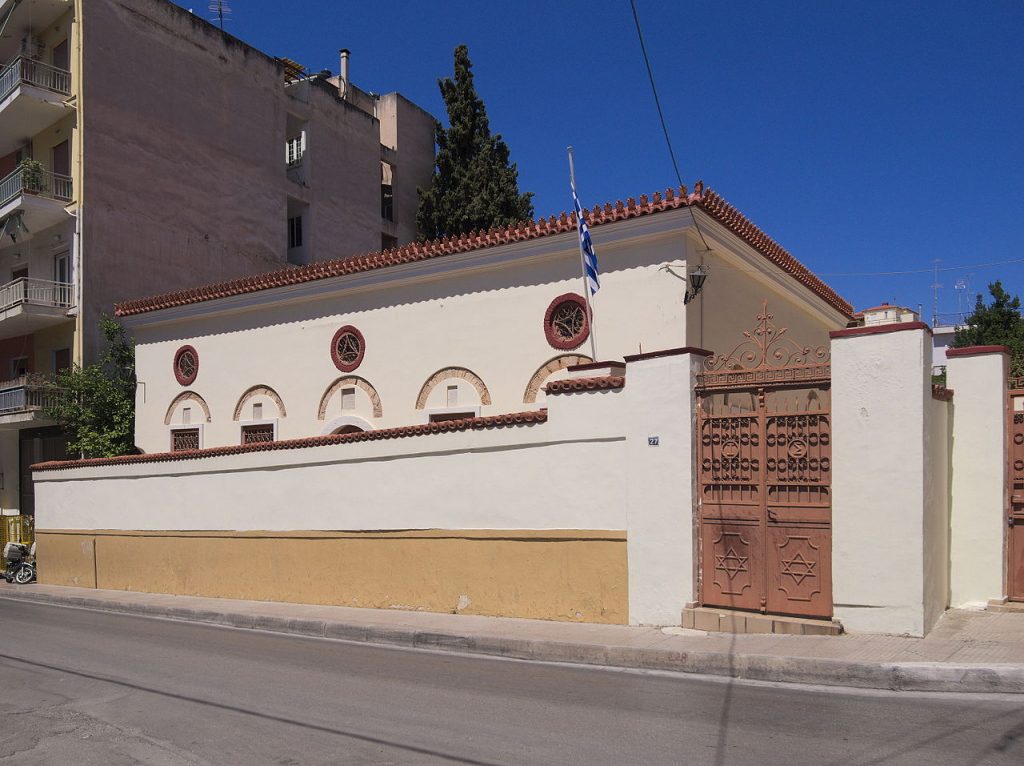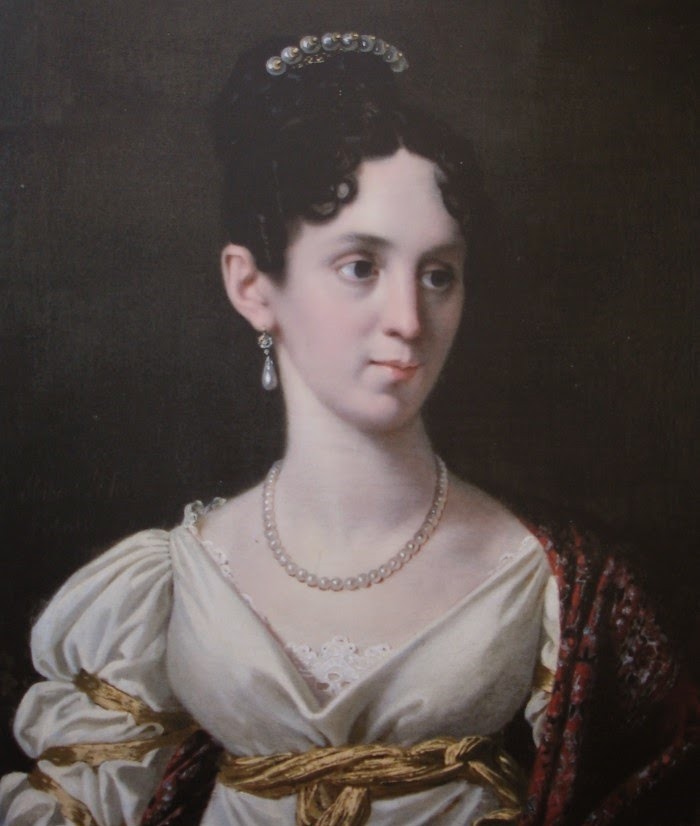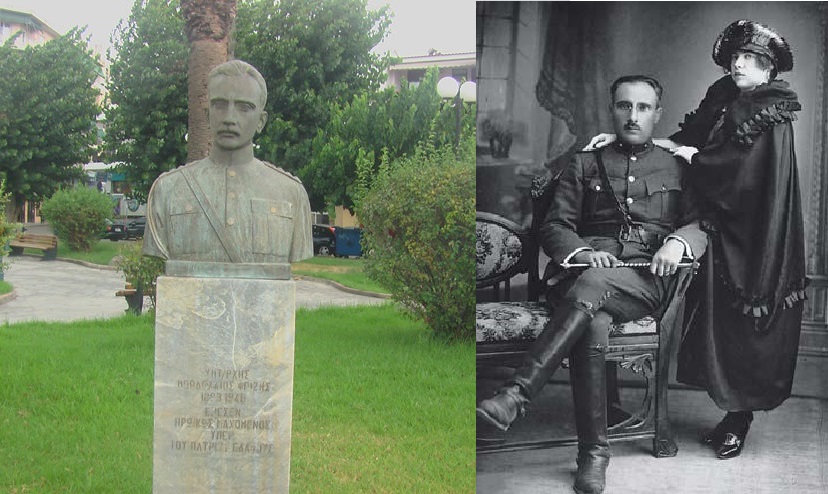The great peculiarity of the Jewish community of Chalkis is that Jews lived there uninterrupted for over 2,500 years! Probably one of the few in Europe in this case. They settled mainly in the northeast of the fortress. 2000 years ago, Flavius Joseph already mentions the presence of Jews in the Greek city in his work. The same goes for the traveler Benjamin de Tudela twelve centuries later.

In 1159, he noted the presence of 200 Jews in the city, mainly silk manufacturers and dyers. And suffering from no discrimination. They all spoke Greek and had a synagogue.
From the 13th century, during the Venetian conquest, the fate of the Jews was very different. They suffered discrimination and had to live in a ghetto. Additional taxes and a ban on obtaining nationality added to this discrimination. Then in 1402 the ban on buying land outside the ghetto.
From 1470, the city came under the control of the Ottoman Empire, which perpetuated a great massacre of the villagers there. The Jews suffered the same suffering and exploitation as during the Venetian occupation.
In 1840, when the city was part of Greece, the community numbered 400 people.

The synagogue , located on Kotsou Street, was destroyed in 1854 and rebuilt on the same spot the following year with the help of the Duchess of Plaisance, Sophie de Marbois. It is also known for its many philanthropic activities across the country. Unfortunately, many archives and parchments disappeared under the flames.
The old and new Jewish cemeteries can be found on the Street of the Jewish Martyrs, a street renamed by local authorities in recent years. At the end of the 20th century, a great work of restoration of the tombstones was undertaken.
It was estimated that 325 Jews were in the city on the eve of World War II. One of the first Greek officers to drop arms in hand was Colonel Mordechai Frizis.

A hero of the First World War, he also distinguished himself in the Second, during the Italian attack of 1940-1. After pushing back the Italian forces on the bridge over the Thiamis River, they counterattacked from the air. He remained on the battlefield alongside his men and died of his wounds.
Buried on the battlefield during the war, his remains were buried again in 2004 in the Jewish cemetery of Salonika with military honors in the presence of Greek President Kostis Stephanopoulos. His grandson, who bears the same name as him, in homage to the hero, was the rabbi who officiated the ceremony.
Following the German invasion, the Jews took refuge in the hills, with the help of locals and resistance fighters. Others fled to Palestine through Turkey. But a good part of the Jews were deported by the Nazis.
A monument has been erected in memory of the victims of the Holocaust where the busts of Bishop Grigorios and Colonel Frizis can be seen. The latter is also by a statue near a Chalkis bridge, a street as well as other monuments in Athens.
By the turn of the 21st century there were only around 60 Jews living in the city, most of them settling in Athens or abroad.